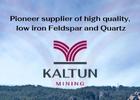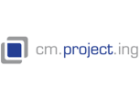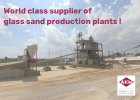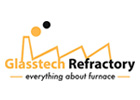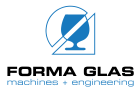INFO
This is the basic company information. The company provides additional detailed information, such as website, fax and telephone numbers, contact persons, history and company data.
To get access to this information or for printout of the company profile, you need to have a valid "Profile Access" to glassglobal.com. Information for booking are available at Price Info .
Contact Info
| Address | SPCI Sdn Bhd No. 59-3, Jalan Cecawi 6/33 Seksyen 6, Kota Damansara 47810 Petaling Jaya, Selangor |
| Country | Malaysia |
| Get in contact with SPCI Sdn Bhd |
Products or Machinery
Sodium silicate is a white solid that is readily soluble in water, producing an alkaline solution. It is one of a number of related compounds which include sodium orthosilicate, Na4SiO4; sodium pyrosilicate, Na6Si2O7, and others. All are glassy, colorless and dissolve in water.
Sodium silicate is stable in neutral and alkaline solutions. In acidic solutions, the silicate ion reacts with hydrogen ions to form silicic acid, which when heated and roasted forms silica gel, a hard, glassy substance.
It is used in metal repair, as applications involving cementing objects exposed to heat or fire. It is also widely used in food preservation, to treat timber and preserve wood from insects and possesses some flame-retardant properties. It’s uses in the treatment of concrete to reduce porosity and permanently binds the silicates with the surface making them far more wearable and water repellent.

